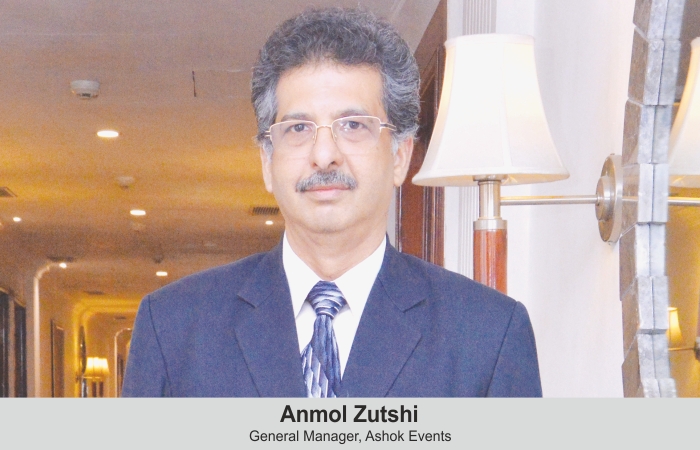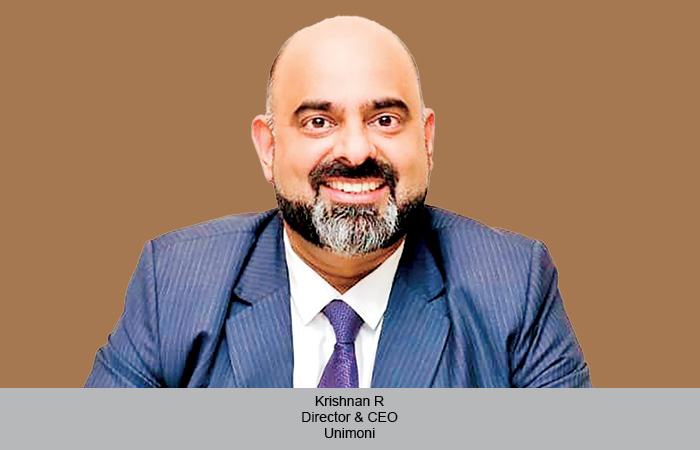Anmol Zutshi, General Manager of Ashok Events, a division of India Tourism Development Corporation (ITDC), shares his experience of organising Bharat Parv virtually, held from January 26-31, 2021, and why he thinks hybrid events will be the way forward for the M!CE industry in India and across the world.
Nisha Verma
The 7th edition of the annual event Bharat Parv, which is usually held at Red Fort, was eventually held virtually from January 26-31, 2021 owing to COVID-19 protocols. The theme this year was Dekho Apna Desh, Ek Bharat Shreshtha Bharat (pairing of states) and Atmanirbhar Bharat. It was organised by Ashok Events, a division of India Tourism Development Corporation (ITDC) that conducts events for various government bodies, ministries and PSUs. Sharing details of this event, Anmol Zutshi says, “Despite being on the virtual platform, we had pavilions for states and Ministry of Tourism, where people could enter and view the videos of various states showcasing their tourism products, handicrafts, cuisines, cultural performances, etc. The MOT had three stalls, including Dekho Apna Desh, Statue of Unity, and Incredible India. We also did a successful physical inauguration at The Ashok Hotel on January 26 in the presence of our honourable Tourism Minister and other senior MOT officials.”
Ashok Events provides logistic support in terms of branding, audio-visual as well as photography and other collaterals. It is also the executing agency for events, with an MoU with MOT, which is its administrative ministry. Under that purview, it has been handling and executing mega events like Bharat Parv or Paryatan Parv.
Embracing technology
When asked about handling the technological aspect of a virtual event, Zutshi explains, “We have been doing hybrid events since a long time. We have our own empanelled agencies for delivering things like branding, audio-visual photography, conducting conferences as well as events and manpower requirement at registration desks. While there is an advantage of going digital – it is very fast – one needs to be very careful about internet connectivity. We have learnt how much bandwidth we require and other technical aspects. When we do events outside Delhi, the local administration comes into play.”
Hybrid is the way to go
Zutshi believes that while it’s comfortable to attend a virtual event, face-to-face is important for human beings. “It becomes slightly impersonal on a virtual platform. But people have gotten used to it and it’s not a challenge anymore. Moreover, physical events mean more revenue for us. Virtual events reduce that scope of earning revenue. We always look forward to having physical events, since we are hospitality professionals. Fortunately, hybrid events offer newer opportunities and such events will only increase going forward. With new restrictions, we believe there will be a happy mix of virtual and physical events,” he adds.
 TravTalk India Online Magazine
TravTalk India Online Magazine





